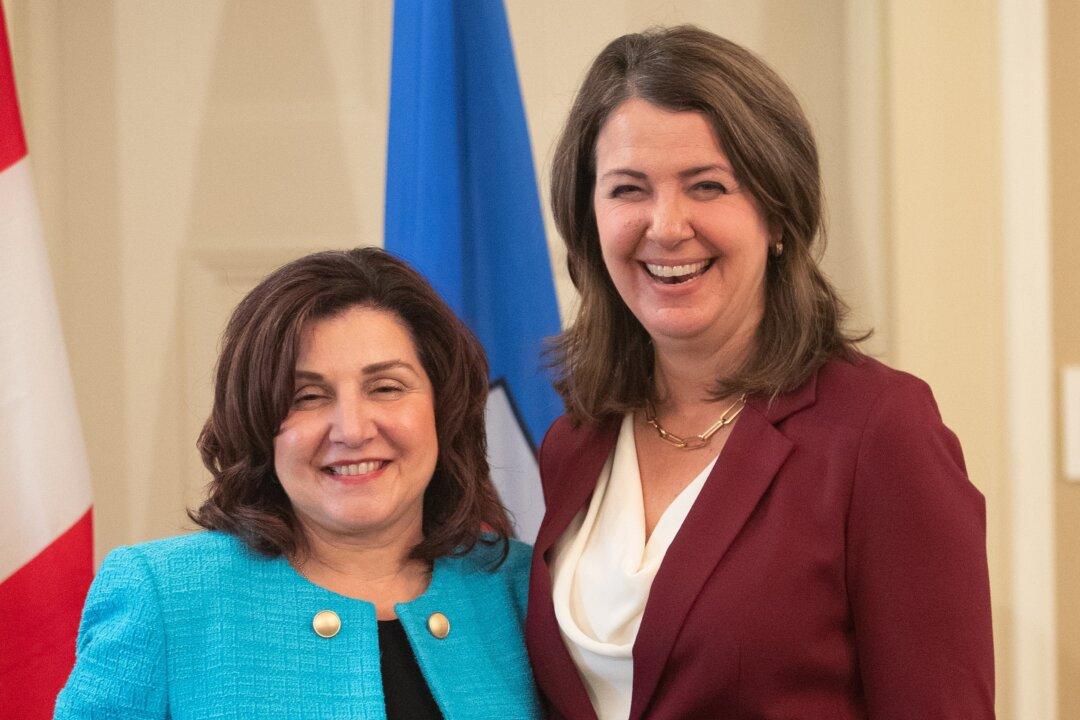Alberta Premier Danielle Smith has issued new Health Minister Adriana LaGrange a mandate letter that instructs her to reform Alberta Health Services (AHS) and decentralize decision-making to the front lines.
“We need to foster an environment within AHS and the entire health community that welcomes innovation and incentivizes the best patient care,” said Ms. Smith’s July 18 letter.





